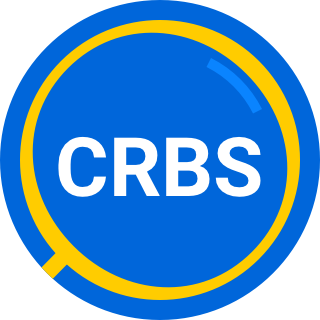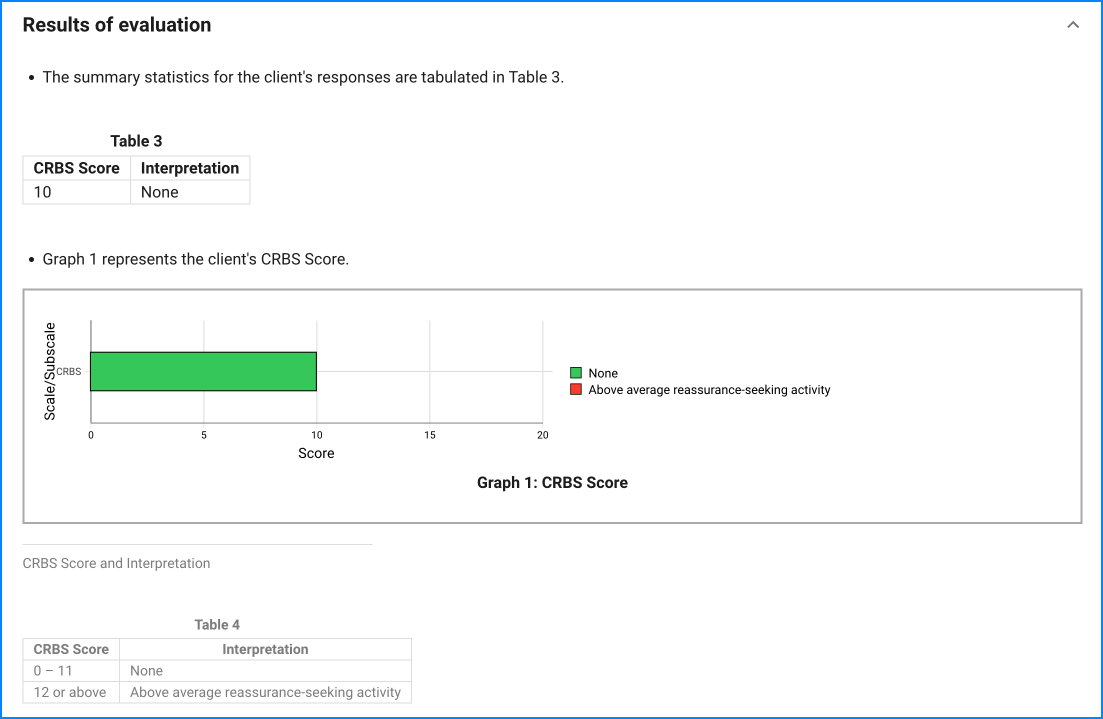Each item of the CRBS is rated on a 5-point scale, ranging from 0 (not at all) to 4 (nearly every day), based on experiences over the past 2 weeks. This scaling format is consistent with the DSM-5’s cross-cutting symptom measure. Severity scores are obtained by summing responses to all items, with total scores (M = 6.23; SD = 5.51) ranging from 0 to 20. Although clinical cut-off scores have not yet been determined, CRBS total scores ≥ 12 suggest above average reassurance-seeking activity. Clinical judgement should guide the interpretation of the CRBS results.
The Coronavirus Reassurance-Seeking Behaviors Scale (CRBS) is a self-report measure of reassurance-seeking behaviors associated with concerns over coronavirus infection. Although it is generally considered helpful to be mindful of signs of COVID-19, excessive reassurance seeking may lead to negative consequences, such as increased anxiety, for some people. Therefore, the CRBS was developed to help clinicians and researchers measure the frequency that a person engages in coronavirus-related, reassurance-seeking behavior.



